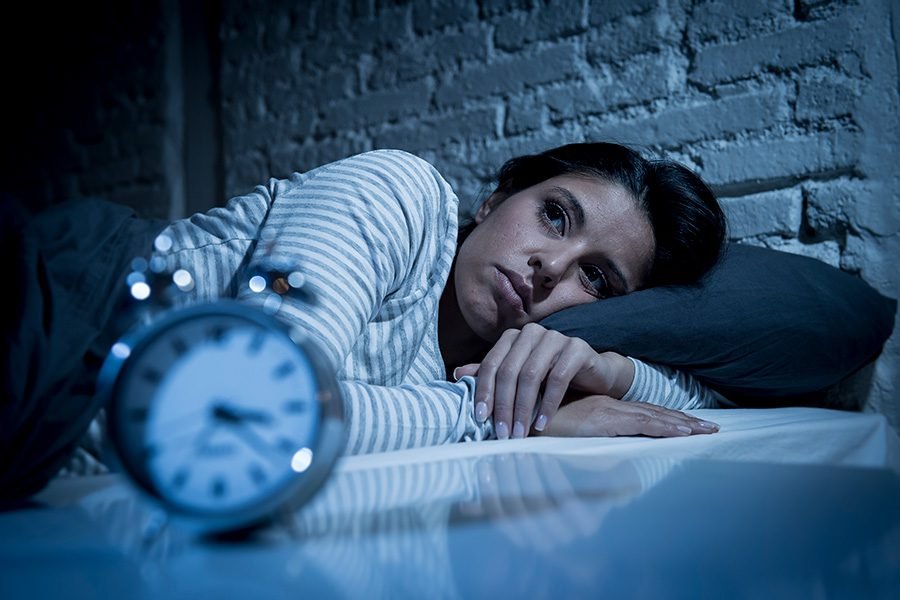Sleeping Masks: 5 Types and Importance For A Restful Night’s Sleep.
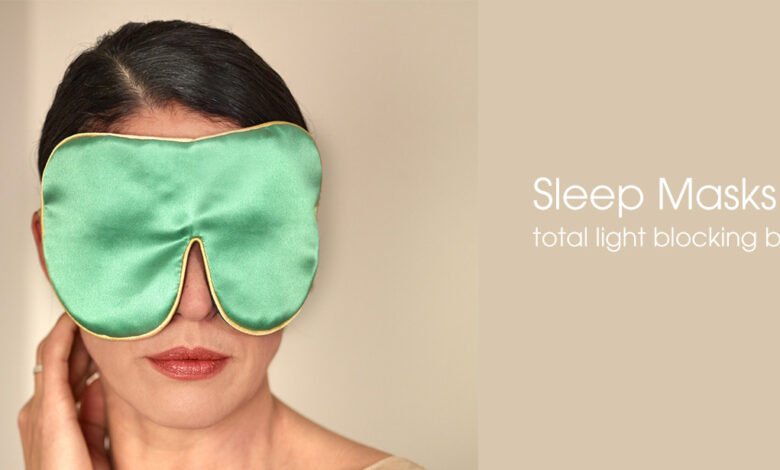
Sleeping masks have gained popularity as an essential tool for improving the quality of sleep. In a world where our lives are often fast-paced and filled with constant stimulation, ensuring a good night’s sleep has become increasingly challenging. Sleeping masks, also known as eye masks or sleep masks, have emerged as a simple yet effective solution to promote better sleep. In this article, we will explore the types of sleeping masks available in the market and delve into their importance in achieving restful sleep.

Sleep/ Eye Masks:
Types Of Sleeping Masks:
1. Traditional Fabric Masks:
The most common and classic type of sleep mask is made of soft fabrics like cotton or silk. These masks cover the eyes and are secured with an elastic band that wraps around the head. The materials used in these masks are gentle on the skin, providing a comfortable experience. They effectively block out light, creating a dark environment conducive to better sleep.

2. Contoured Sleeping Masks:
Contoured sleep masks are designed with a more ergonomic shape to fit the contours of the face. This type of mask often has a molded shape that prevents any pressure on the eyes, allowing for more comfort during sleep. The contoured design also helps to create a better light-blocking seal around the eyes.
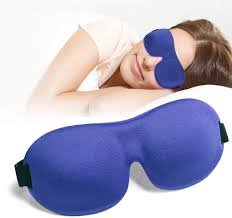
3. Gel Masks:
Gel masks combine the benefits of a sleeping mask with the soothing properties of gel. These masks typically have a gel insert that can be chilled in the refrigerator or warmed in hot water before use. The cooling effect can reduce puffiness around the eyes, while the warmth can provide a relaxing sensation. Gel masks are particularly popular for people dealing with headaches or sinus issues.
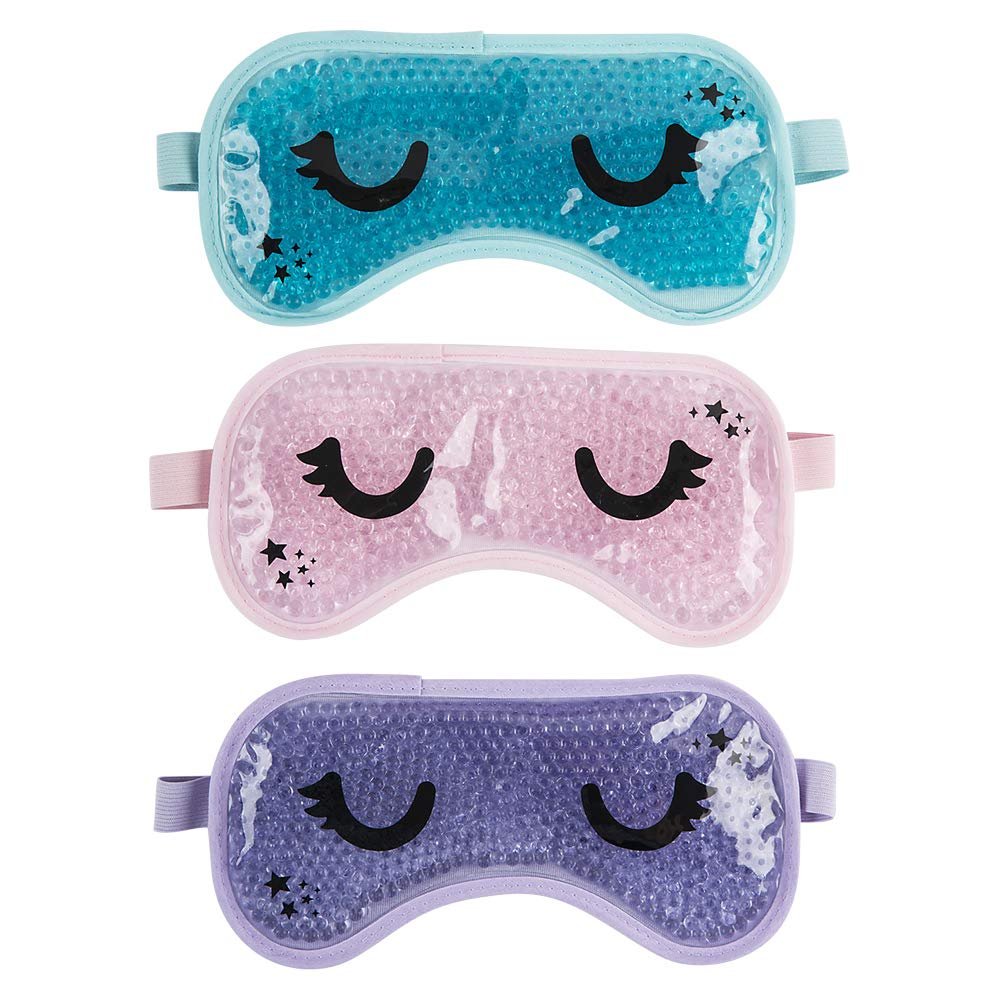
4. Weighted Sleeping Masks:
Weighted sleep masks have gained attention for their potential to enhance sleep quality. These masks have small weights distributed across the mask, applying gentle pressure to the eyes and forehead. This pressure is believed to have a calming effect, promoting relaxation and potentially reducing anxiety.
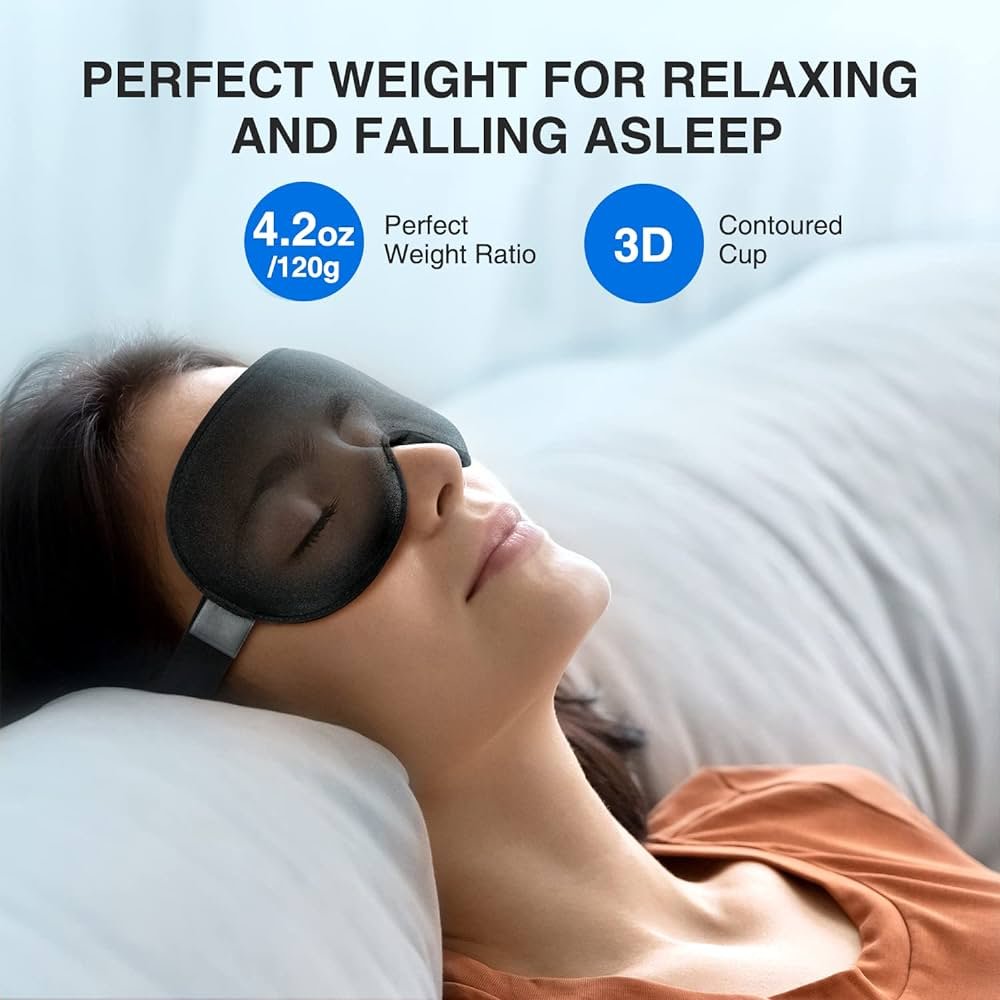
5. Tech-Integrated Masks:
With advancements in technology, there are now sleeping masks equipped with features like Bluetooth speakers or sleep-tracking capabilities. These masks aim to create a more personalized sleep experience, allowing users to listen to soothing music or white noise while monitoring their sleep patterns.
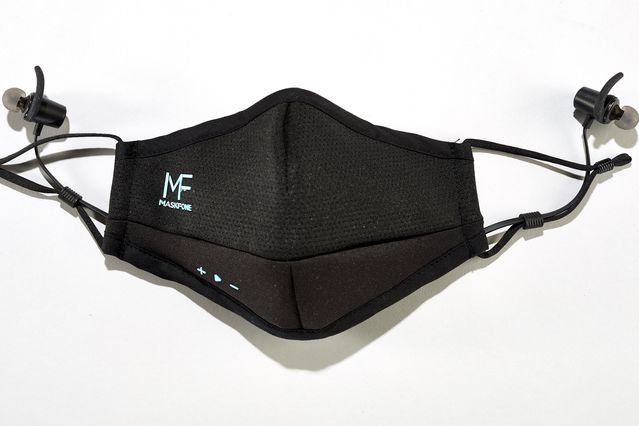
Importance Of Sleeping Masks:
1. Light Blockage:
The primary purpose of a sleep mask is to block out light. Exposure to light, especially artificial light, can interfere with the body’s natural circadian rhythm and melatonin production. Melatonin is a hormone that regulates sleep-wake cycles, and using a sleep mask helps create a dark environment, signaling to the body that it’s time to sleep.

2. Improved Sleep Quality:
By effectively blocking out light, eye masks contribute to better sleep quality. Sleep masks are particularly beneficial for individuals who work night shifts or have irregular sleep patterns, helping them achieve a more restful and uninterrupted sleep.
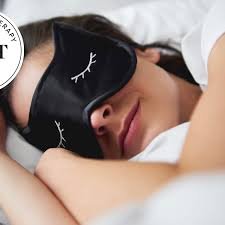
3. Enhanced Relaxation:
The gentle pressure exerted by some eye masks, especially weighted or gel masks, can promote relaxation. The soothing sensation can alleviate tension around the eyes and forehead, contributing to a more calming and stress-free sleep environment.

4. Reduced Puffy Eyes and Dark Circles:
Gel masks, when used with a cooling effect, can help reduce puffiness around the eyes. This is especially valuable for individuals who struggle with swollen eyes due to allergies, sinus issues, or fatigue. Over time, consistent use may contribute to a reduction in dark circles.
5. Travel Companion:
Sleeping masks are an invaluable travel companion, particularly for long flights or journeys across different time zones. They help create a familiar sleep environment in unfamiliar surroundings, making it easier for individuals to adjust to new time zones and combat jet lag.
6. Mental Health Benefits:
The act of putting on a sleeping mask can serve as a cue for the brain that it’s time to wind down and prepare for sleep. This ritualistic aspect can be beneficial for individuals dealing with insomnia or other sleep-related disorders, providing a mental signal that promotes relaxation.
7. Versatility in Use:
Sleeping masks are versatile and can be used in various settings beyond the bedroom. Whether you’re taking a power nap during the day or trying to catch some rest in a bright environment, a sleeping mask can help create the darkness needed for optimal sleep conditions.
In conclusion, sleeping masks offer a simple yet effective solution for improving sleep quality in a world where quality rest is often compromised. With various types available in the market, individuals can choose a mask that aligns with their preferences and specific needs. From traditional fabric masks to tech-integrated options, the diverse range caters to different lifestyles. Embracing the regular use of a sleeping mask can lead to a more restful and rejuvenating sleep experience, positively impacting overall well-being.











